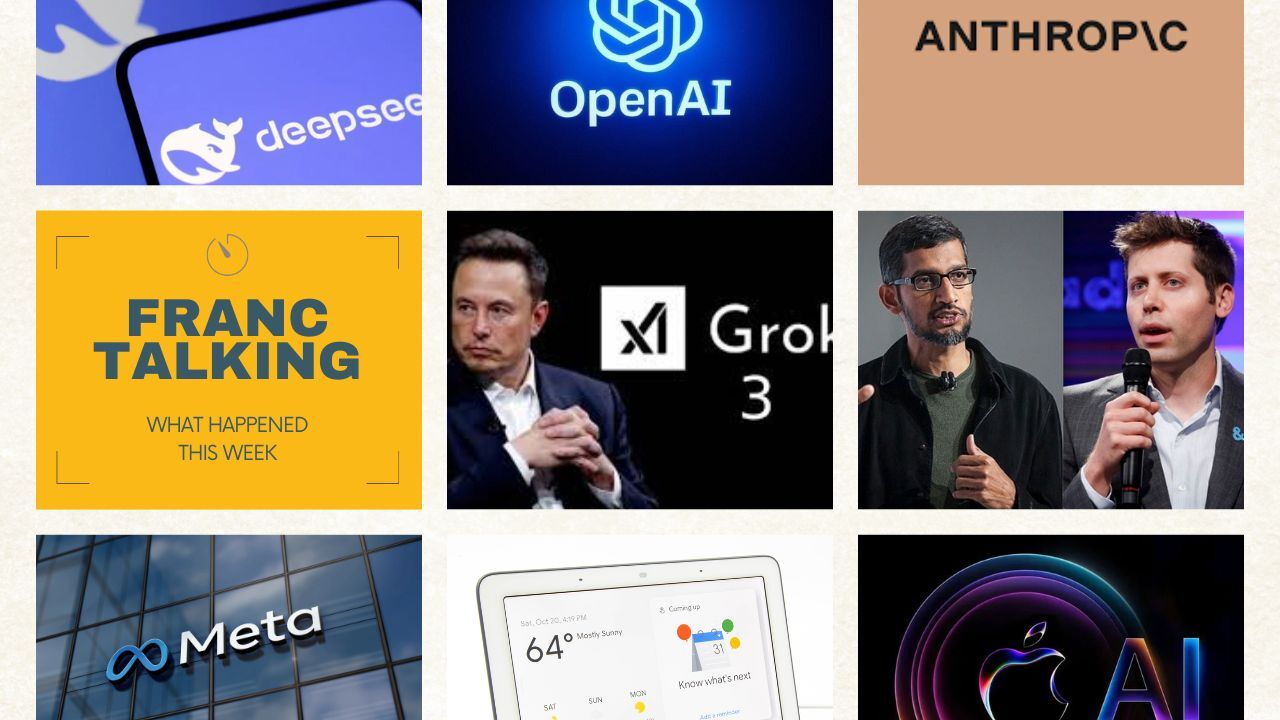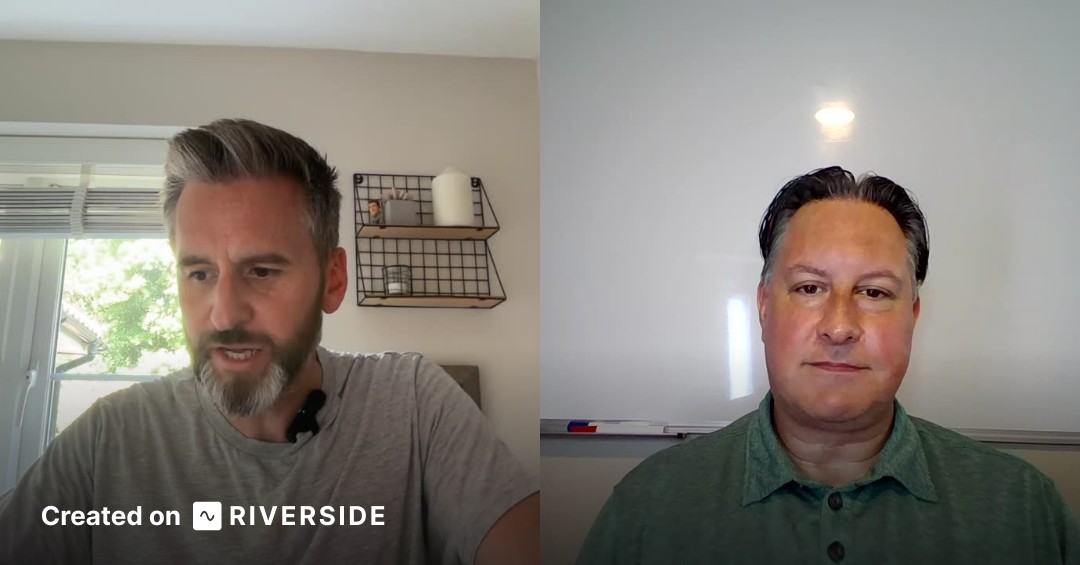
Download our guide on AI-ready training data.
AI teams need more than big data—they need the right data. This guide breaks down what makes training datasets high-performing: real-world behavior signals, semantic scoring, clustering methods, and licensed assets. Learn to avoid scraped content, balance quality and diversity, and evaluate outputs using human-centric signals for scalable deployment.
📖 What I’ve been reading this week in business, marketing & tech
👇 Tap-worthy reads worth your time.
✨ AI
- OpenAI Is Challenging Google—While Using Its Search Data
- Thousands of Grok chats are now searchable on Google
- OpenAI eyes world’s largest valuation for private company in stock sale talks
- Grok Exposes Underlying Prompts for Its AI Personas (Sub Required)
- Gannett’s AI Blocking Tools Have Already Been ‘Very’ Effective
- China's Baidu revenue drops as AI returns fail to offset ad decline
- OpenAI logged its first $1 billion month but computing power demand is ‘voracious,’
- Meta Freezes AI Hiring After Blockbuster Spending Spree (Sub Required)
- Anthropic In Talks To Raise $10 Billion In Fresh Funding: Report
- Deepseek’s first hybrid model V3.1 surpasses its R1 reasoning model on benchmarks
- Google scores six-year Meta cloud deal worth over $10 billion
- Elon Musk tried to enlist Mark Zuckerberg in $100bn bid for OpenAI (Sub Required)
🔍 Google & Search
- How AI Is Changing Search Behaviors
- These Are the 7 Hottest Startups Shaping the Future of AI Search Optimization
- AI Mode in Search gets new agentic features and expands globally
- Gemini for Home is Google’s biggest smart home play in years
- AI Marketing Platform Bluefish Raises $20M In Series A Funding
- Google's AI Filmmaker Program Flow Helped Creators Make 100 Million Videos
- Is ChatGPT Really Powered by Google? 118,931 Fan-Out Queries Analyzed
- Google to provide Gemini AI tools to federal agencies for 47 cents
- Apple is in talks to use Google’s Gemini for Siri revamp
📈 Growth & Insights
👋 Got 30 seconds?
If you’ve got half a minute spare over your morning espresso, I’d really appreciate you taking 30 seconds to fill in this short survey.
No weird personal questions — just a few quick ones to help me better understand who’s reading this, so I can keep improving and work more efficiently with the right partners.
Bonus: I may run a small prize draw with one respondent chosen at random.
Take the survey🎯 Hey content creator!
Thinking about launching your own newsletter? I recommend Beehiiv — it’s built for creators, with all the tools you need to grow:
✏️ Beautiful templates
🚀 Powerful growth features
📈 Built-in analytics
💸 Monetisation tools
All in one place, no fuss.
🐝 Try Beehiiv with my link(You'll help support me if you sign up via this link 💙)



